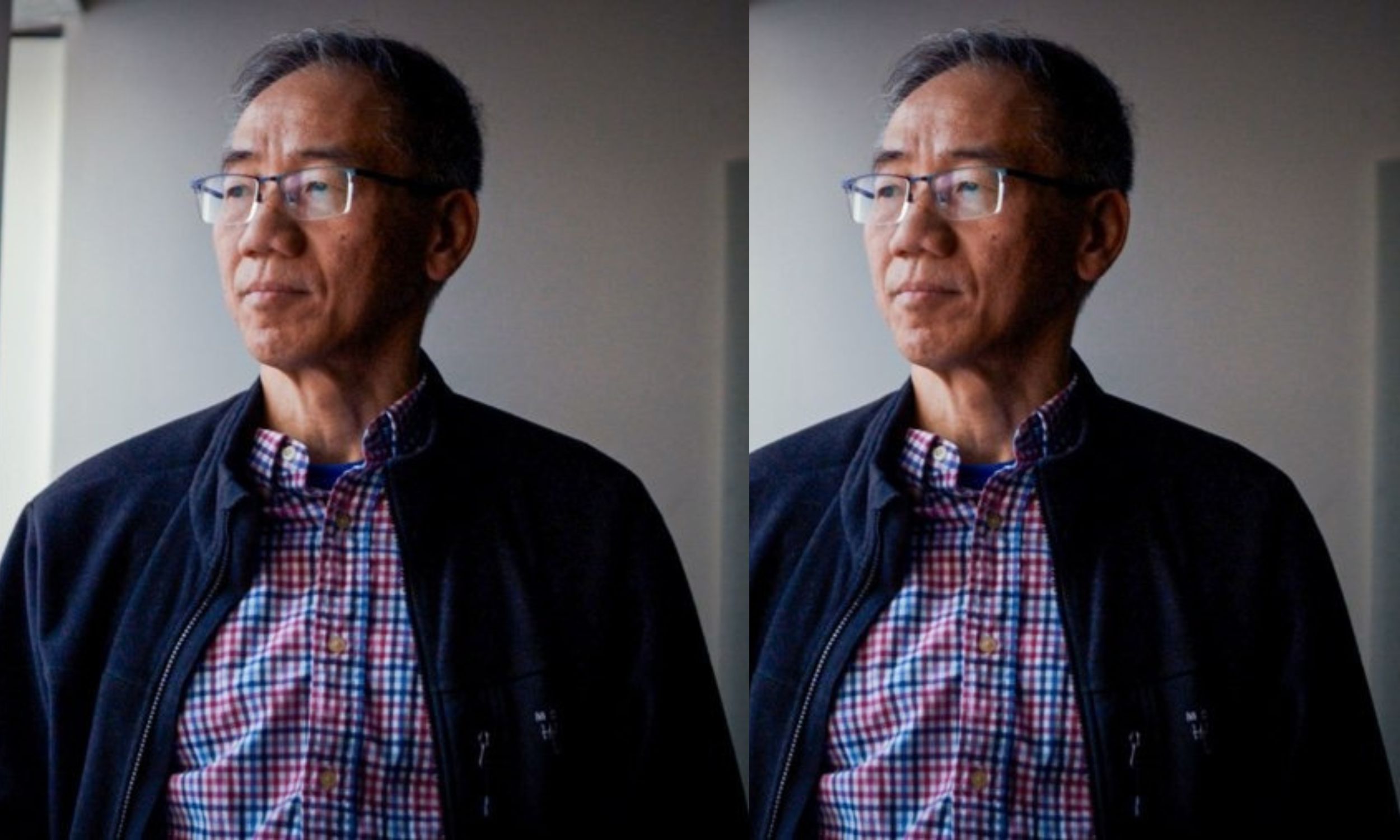In a bold move towards restorative justice, Transportation Secretary Pete Buttigieg acknowledged the federal government’s role in perpetuating infrastructure injustices that have harmed local communities for decades.
He highlighted the “Chinatown Stitch” project in Philadelphia as a prime example, where an urban design initiative aims to transform the divisive Vine Street Expressway into a unifying green space. This move marks a significant shift in prioritizing community-led solutions over top-down approaches.
For years, the expressway has bisected Philadelphia’s Chinatown, displacing residents and generating concerns about safety, air, and noise pollution. Buttigieg emphasized that infrastructure should connect, not divide, and acknowledged the federal government’s past complicity in perpetuating these divisions.

Philadelphia’s Chinatown to Receive Federal Support for Revitalization
He committed to using federal funds to rectify these wrongs, citing the $159 million grant awarded to Philadelphia in March for the Chinatown Stitch project.
This funding is part of the Transportation Department’s Reconnecting Neighborhoods and Communities program, aimed at reuniting communities severed by transportation infrastructure.
Buttigieg stressed that community involvement is crucial, ensuring that local voices drive the planning process. “We’re providing the funding, not the plans,” he said, emphasizing that projects should emerge from community needs, not Washington headquarters.
By capping the expressway and reclaiming space, the Chinatown Stitch project embodies this approach, prioritizing community-led revitalization over top-down solutions. This shift in approach has the potential to heal decades-old wounds and foster more inclusive, connected communities nationwide.























